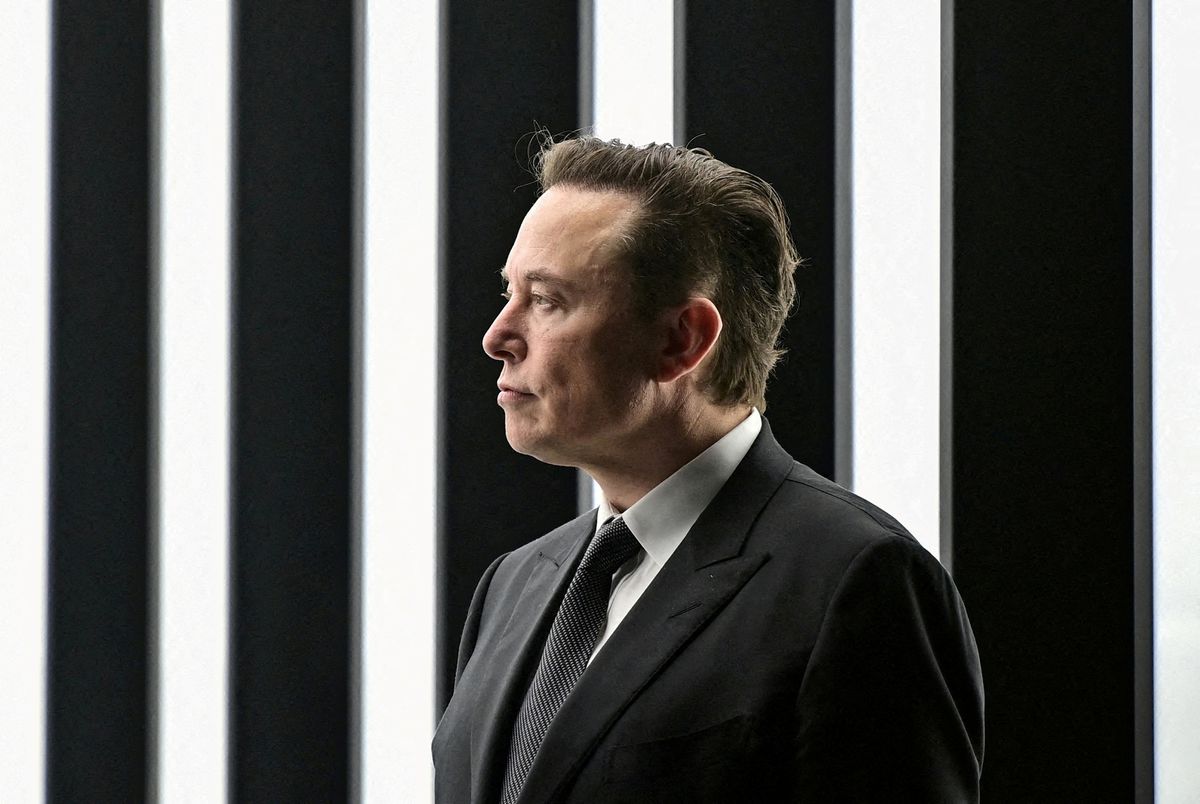312
Elon Musk, Twitter Inc’s (TWTR.N) biggest shareholder, on Saturday suggested a raft of changes to the social media giant’s Twitter Blue premium subscription service, including slashing its price, banning advertising and giving an option to pay in the cryptocurrency dogecoin.
Musk, who disclosed a 9.2 per cent stake in Twitter just days ago, was offered a seat on its board of directors, a move that made some Twitter employees panic over the future of its ability to moderate content.
Twitter Blue, launched in June 2021, is Twitter’s first subscription service and offers “exclusive access to premium features” on a monthly subscription basis, Twitter says. It is available in the United States, Canada, Australia and New Zealand.
In a Twitter post, the head of electric vehicle maker Tesla Inc (TSLA.O) suggested that users who sign up for Twitter Blue should pay significantly less than the current $2.99 a month, and should get an authentication checkmark as well as an option to pay in local currency.
“Price should probably be ~$2/month, but paid 12 months up front & account doesn’t get checkmark for 60 days (watch for credit card chargebacks) & suspended with no refund if used for scam/spam,” Musk said in a tweet.
“And no ads,” Musk suggested. “The power of corporations to dictate policy is greatly enhanced if Twitter depends on advertising money to survive.”
Musk also proposed an option to pay with dogecoin and asked Twitter users for their views.
Twitter declined to comment on Musk’s suggestions.
The company already lets people tip their favorite content creators using bitcoin. Twitter had said last year that it planned to support authentication for NFTs, or non-fungible tokens, which are digital assets such as images or videos that exist on a blockchain.
Musk also started a poll on his Twitter account – which has more than 81 million followers – asking whether the firm’s San Francisco headquarters should be converted to a homeless shelter as “no-one shows up (to work there)”. The poll got more 300,000 votes in an hour, with 90 per cent answering yes.
REUTERS


